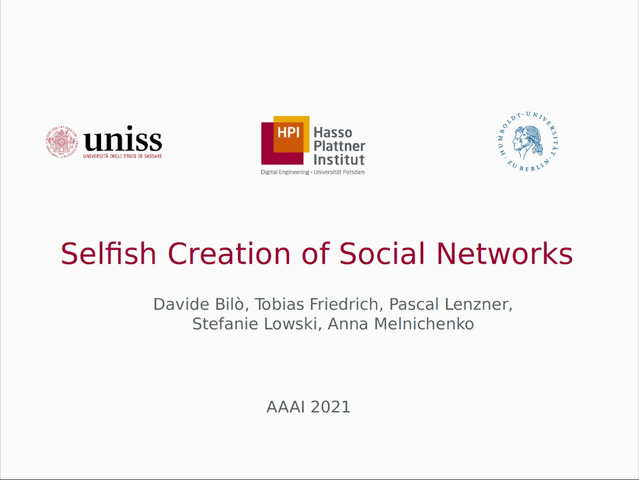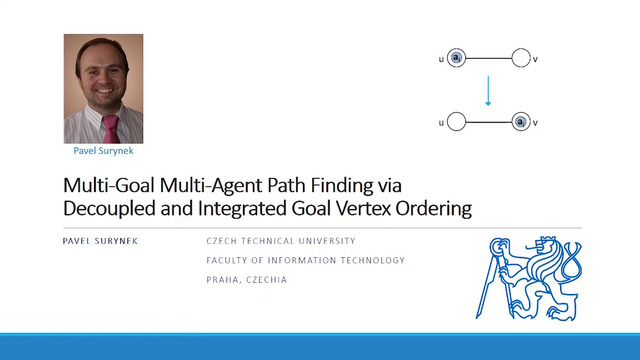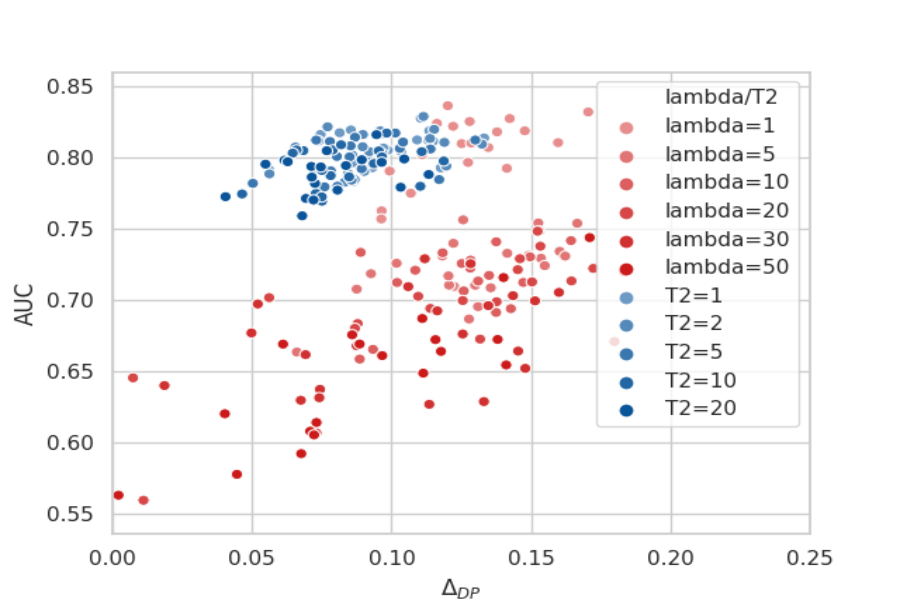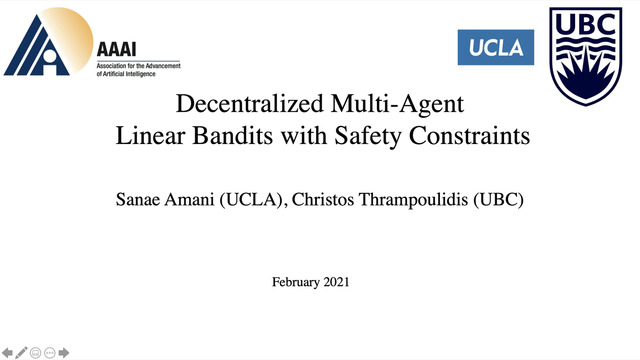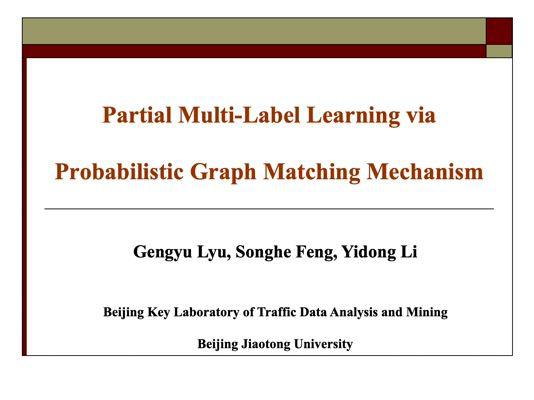Abstract:
In polymatrix coordination games, each player x is a node of a graph and must select an action in her strategy set. Nodes are playing separate bimatrix games with their neighbors in the graph. Namely, the utility of x is given by the preference she has for her action plus, for each neighbor y, a payoff which strictly depends on the mutual actions played by x and y. We propose the new class of distance polymatrix coordination games, properly generalizing polymatrix coordination games, in which the overall utility of player x further depends on the payoffs arising by mutual actions of players v,z that are the endpoints of edges at any distance h



